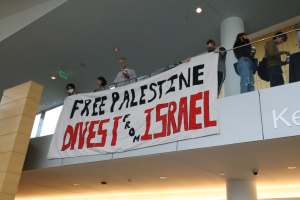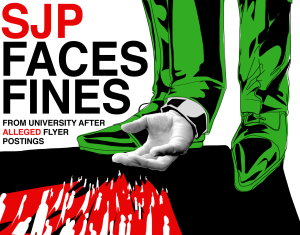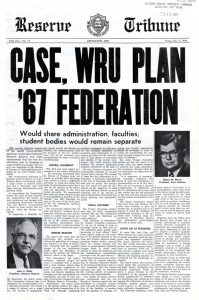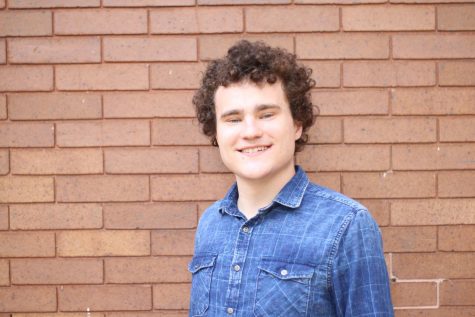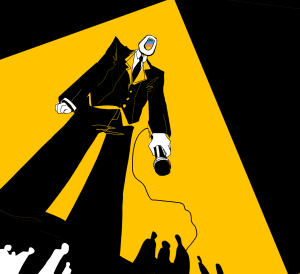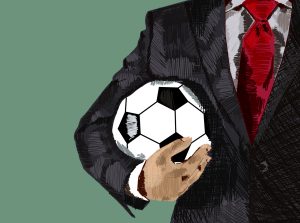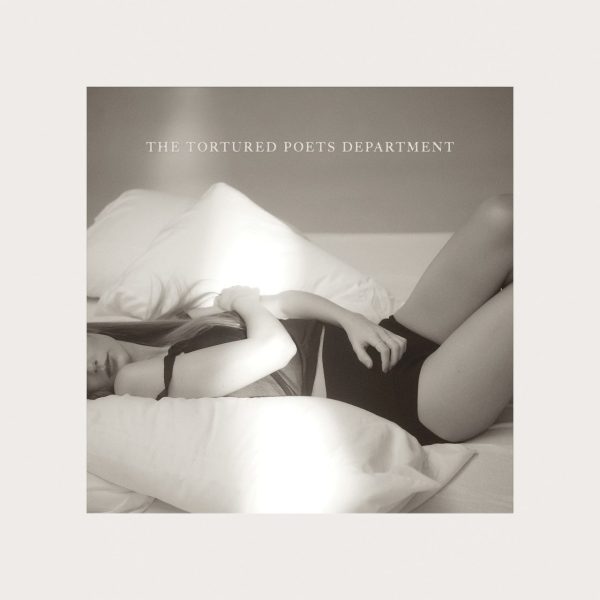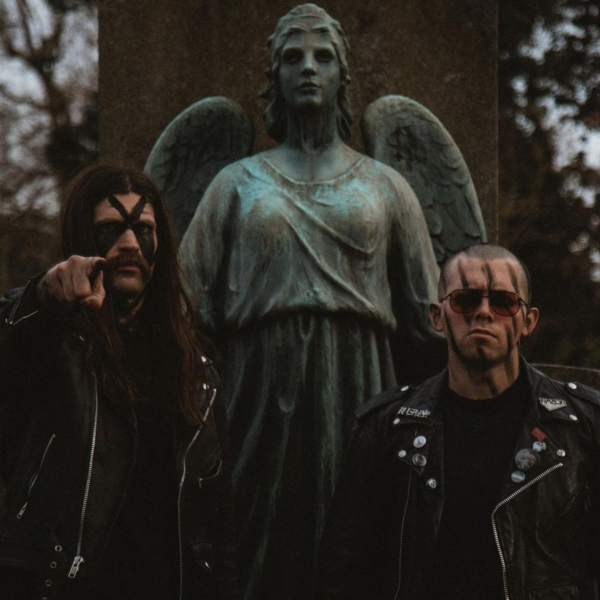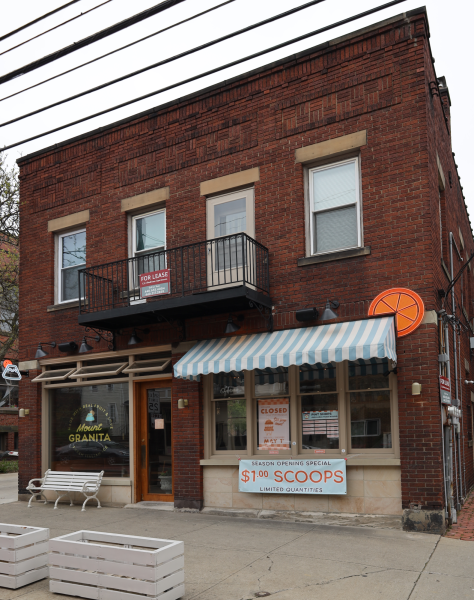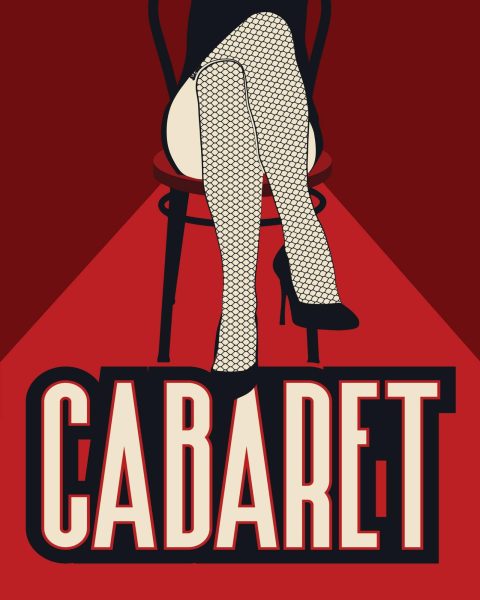Chateau Hough makes wine, helps former prisoners in the center of Cleveland
October 26, 2018
Vineyards pride themselves on their backdrops that symbolize their wealth and prestige. The mountains of Napa Valley and the scenic French countryside of Bordeaux pop into most people’s minds when they think of fine wine.
Chateau Hough takes similar pride in its surroundings, but instead of the markers of wealth that most vineyards have, Hough is surrounded by the city of Cleveland. Instead of a mountain backdrop, this Chateau is flanked by an abandoned, boarded-up building. The vineyard is a symbol of renewal in an area marred by poverty, a phoenix rising from the ashes of a former abandoned lot.
The vineyard is a product of the nonprofit Neighborhood Solutions Inc., led by Mansfield Frazier. Frazier considers the name, Chateau Hough, to be a political statement against people who dismiss his neighborhood.
“If I were to say Chateau Hunting Valley, people would say ‘well of course.’ If I were to say, Chateau Westlake, where there’s a lot of wealthy gated communities, people would say ‘well naturally,’” said Frazier. “When you say Chateau Hough, people think of the black community and say ‘where are you getting Chateau Hough from?’ I’m saying that the land we occupy in Hough is as valuable to us as their land is to them.”
There is no fence protecting the grape vines. To Frazier, it makes perfect sense. Why would you fence yourself off from your neighbors?
“Teenagers can be mischievous, but we hire them, so they take ownership,” said Frazier. “You never see graffiti on any of our stuff. We haven’t had anything happen in the eight years we’ve been here, because we know how to deal with our neighbors. If we put a fence up, I could guarantee you that we would have problems.”
The goal of Chateau Hough is to create wealth in the community. Frazier hopes to produce 1,300 bottles of wine this year, up from last year’s yield of 1,000. He believes that making traditional crops like bell peppers would be a waste of time, as they do not have enough dollar value per acre to make money in an urban environment.
“You can brand grapes,” said Frazier. “A bottle of wine can be $10 or $100. It’s a dollar yield view.”
Neighborhood Solutions got a permit to bottle and sell wine earlier this year. Frazier is now waiting for the final approval of the wine label. Once he has permission, he plans to get the wine in some restaurants. His primary goal is to get the wine in Edwins Restaurant in Shaker Square, a French restaurant that is known for training formerly incarcerated people in the art of cooking.
Both Neighborhood Solutions and Edwins focus on mentoring incarcerated people and breaking the cycle of perpetual imprisonment.
“We’re a mentoring program that helps people when they come out of incarceration. It started off as re-entry, but now we’re moving to pre-entry,” said Frazier. “Pre-entry means stopping young people from going into prison in the first place to try to stop the cradle-to-prison pipeline.”
Frazier said his goal is to work with the most troubled kids in the area, kids who dropped out of school in the eighth or ninth grade and have since run afoul of the criminal justice system. He talks to and mentors kids at the state juvenile prison and hires a select few of them. The workers maintain the vineyard, pruning and maintaining the over 200 vines that populate the three-quarters of an acre-sized vineyard.
“We try to help them figure out what they want to do with their lives and help them get there,” said Frazier. “Sometimes it works, sometimes it doesn’t.”
Frazier, as a formerly incarcerated person, knows the cradle-to-prison pipeline well. He spent much of his life as a counterfeiter, turning to the illegal occupation when the company he worked for did not promote him because he was black.
“They [his bosses] told me, ‘Sorry, we can’t promote you. We can’t have a black man in that position. We don’t make supervisors out of black people,’” said Frazier. “I was raised to treat people fairly and expect to be treated fairly in return. It was ruining my life.”
Frazier decided that he would never be in the position to be mistreated again and became a counterfeiter. Frazier said he considered himself an outlaw, a man fighting against an unjust system that was stacked against him.
He has no regrets about his time counterfeiting, but he eventually left the lifestyle behind. His prison psychologist oversaw a writing club and encouraged Fraizer to publish his work. He became an essayist, inspired by James Baldwin, and published a book “From Behind the Wall: Commentary on Crime, Punishment, Race.”
Despite this success in literature, Frazier planned on returning to his old life. His psychologist confronted him and said that if he went back to crime that he would be making “everything in your book a goddamn lie.” Frazier said that moment was a wakeup call, one that prompted three sleepless nights of soul searching to change who he was.
“I wrote this book, so I said ‘Hey, it’s time to make my living as a writer,’” said Frazier. “It’s time to be a part of the solution.”
